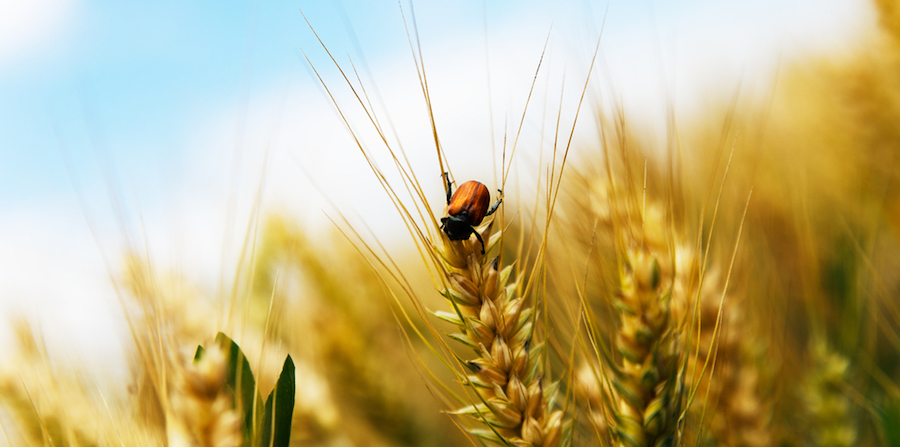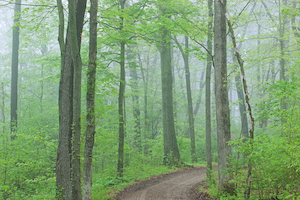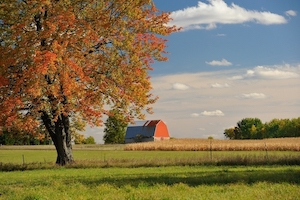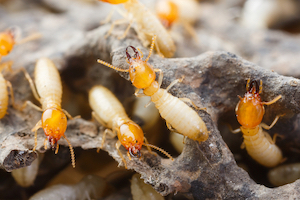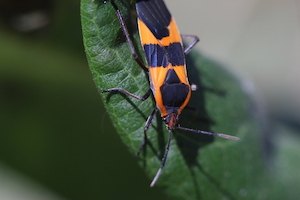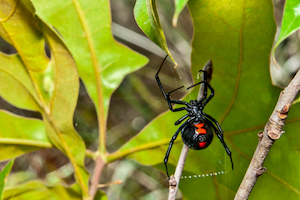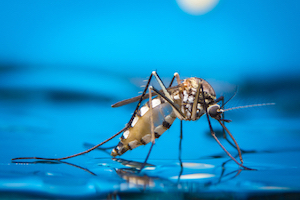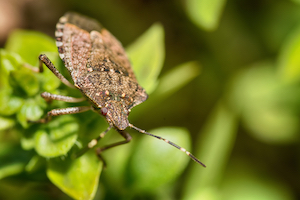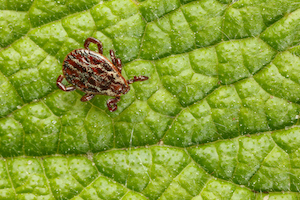As you probably already know, living far outside of big cities doesn’t preclude you from having to deal with pests–far from it. It just means you have to deal with different pests and different pest problems.
Here are the kinds of pests you can expect if you live in the Michigan countryside, and what you can do about them.
The Pests Where You Live
We’ll start by identifying the pests you’re most likely to have, based on the environment around your home. Different kinds of pests are attracted to different things. Here are a few elements of Michigan’s flora and fauna that may attract pests straight to you.
Woodlands 
Michigan’s many thick forests attract all kinds of pests. Michigan’s continental climate means it sustains a wide diversity of tree species. Different pests like different trees, so tree diversity also contributes to pest prevalence.
Keep an eye out for wood-feeding or nesting pests. You should remain particularly vigilant for termites and emerald ash borers, as these two pests could do some serious damage to your home. Boxelders love acer trees, so chances are you’ll have to contend with those pesky pests at some point during the fall or spring, too.
Wetlands/Lakes 
No Michigan resident is ever more than six miles from a natural water source or 85 miles from a Great Lakes shoreline. As with woodland, freshwater and wetland environs attract particular kinds of pests. Spiders and mosquitoes thrive around sources of water.
Managing your home’s humidity is crucial. Pests like spiders and mosquitoes look for humid, warm, and dark areas to infest. You can’t always keep your basement light or cool, but you can control its humidity. Protect your home against flooding or water damage, too; not only is it a big and expensive pain to repair, it’ll attract pests!
Open Space/Farmland 
Common farm crops attract opportunistic pests, but gardens, ornamental grasses, and fruit trees do, too. Michigan’s new least-favorite neighbor, the stink bugs, love vegetable, fruit, nut, and legume crops, and they’ll chow down on ornamental plants like silvergrass and hostas, too.
Ticks, fleas, and other parasitic pests hide in tall grass or on the stalks of vegetation where they can easily leap onto people, livestock, or pets to feed. Keep your hedges trimmed and your grass mowed short. Check your pets or livestock for signs of tick or flea bites, too.
Keeping Pests Out
Once you know what kind of pests may infest your home, the next step is to take a few quick-but-effective preventative measures, such as:
Woodland
Termites 
The most important way to keep termites out is to keep your basement and attic dry. Termites need moisture to survive and keep eating. If you deprive them of that moisture, your home’s wood won’t be as attractive a food source.
You should also look for ways to put barriers between the floor or ground and wooden materials. Termites dig upward through the ground to get to wooden materials to eat. They won’t be able to get at treated or protected wood nearly as easily.
Boxelder Bugs 
Boxelder bugs eat the seedlings of ash, maple, and boxelder trees. Remove fallen seedlings and leaves. You could also wrap the trunk or, in a pinch, remove the tree. The closer an acer tree is to your home, the more likely boxelder bugs will try to move in come winter.
Boxelder bugs squeeze through gaps in siding or roofing. If you can seal up cracks and gaps, you’ll go a long way towards keeping boxelders out. Look around utility lines and windows, in particular, and seal cracks in your foundation.
Wetlands/Lakes
Spiders 
Spiders build webs in places where they can catch prey, so following steps to keep other pests out will also help keep spiders out. Like boxelders, spiders get into homes through small gaps and prefer dark and humid locations.
Keep hedges and grass trimmed away from the perimeter of the home. If you have a firewood bundle, store it at least 10 feet away. Seal up the gaps spiders try to enter through. If you find a spider’s web, don’t hesitate to vacuum it up. Look in corners or behind furniture.
Mosquitoes https://www.griffinpest.com/mosquito-exterminators/
Mosquitoes lay eggs and mate in standing water. Look for sources of puddling or condensation. Pipe leaks, low-spots, siding leaks, or even “sweating” windows can all produce enough moisture.
Wear bug spray when you go outside during mosquito season, even if you’re going swimming. If you have a porch, consider getting a seasonal mosquito net. Refrain from keeping sweet liquids such as soft drinks outside for extended periods of time.
Open Space/Farmland
Stink Bugs 
Stink bugs eat all kinds of common residential vegetation. Treat and protect your gardens, and keep ornamental plants like hostas and shrubs at least a couple feet from the house.
If you have fruit trees, remove any fruit that falls to the ground. Weed and trim your garden proactively to cut down on the amount of edible material stink bugs may access. Look for ways stink bugs could get into your house such as gaps in the siding and seal up with caulk.
Ticks
Ticks perch on tall grasses, shrubs, and other high vegetation. Keep grass and ornamental plants trimmed closely. If you have animal enclosures, keep wild grass, weeds, or other out of control plants out of the enclosures at all times.
Wear long pants, socks, and boots when walking through tall grasses, and check for tick bites after spending time outside. Remove any ticks you find on yourself or your pet immediately.
There are a million differences between living in a city and living in the countryside, but luckily pest prevention remains largely the same. A little maintenance and vigilance will help you keep your home clean and pest-free all year.
And remember, if you do wind up with a pest infestation, give us a call. No matter where you are in Michigan’s lower peninsula, we’re ready and waiting to help you fast and effectively.

